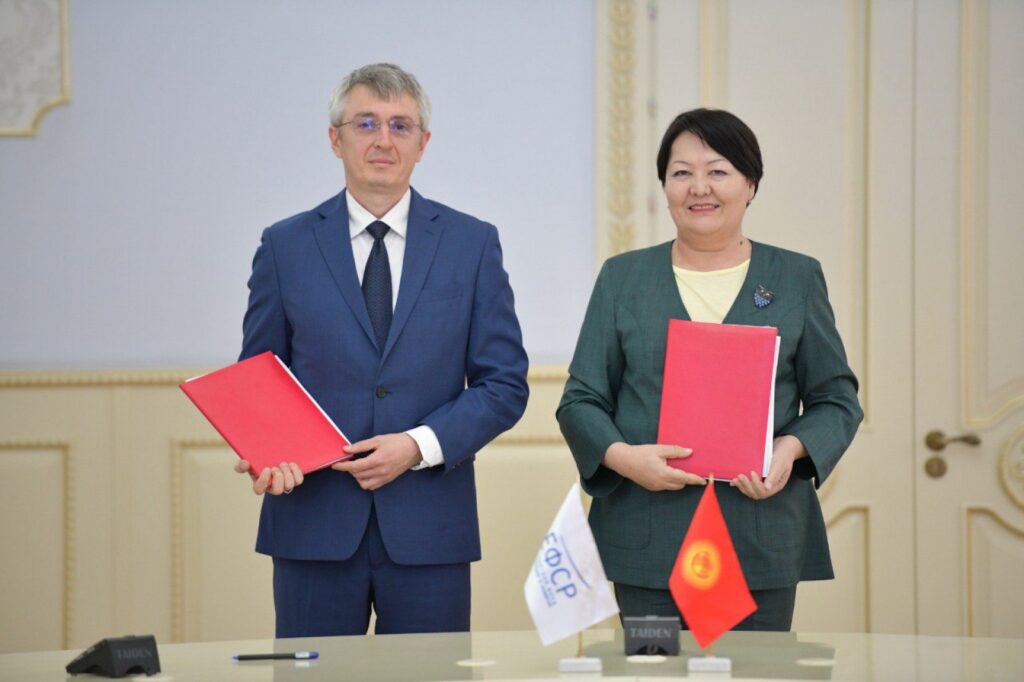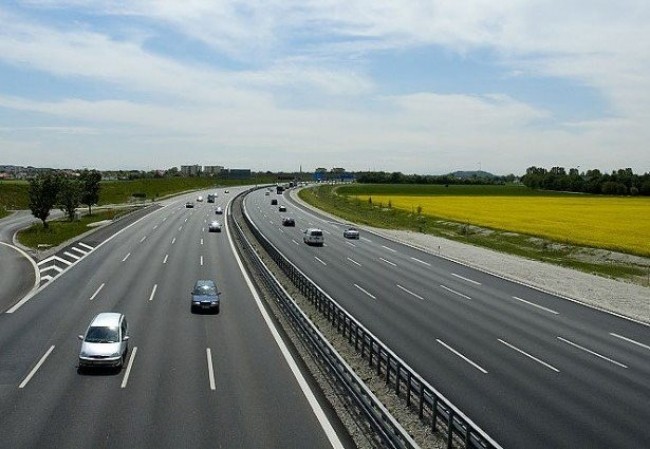To alleviate congestion and traffic bottlenecks in the capital, the Bishkek Mayor’s Office has green-lit a strategic plan for enhancing the city’s road transport infrastructure over the 2024-2030 period. This initiative, as detailed on the municipal website, encompasses an ambitious range of projects. Highlights include the construction of bridges and new road junctions, the introduction of bike lanes within the road network, the consolidation of dedicated lanes into a coherent system, the expansion of parking facilities including an increase in bicycle parking spaces, and the establishment of transport hubs and park-and-ride lots.
The vision driving these efforts is to significantly reduce car dependency in Bishkek, promoting instead a robust network of public and bicycle transport options. Plans are underway to construct seven park-and-ride facilities around the city’s perimeter, encouraging commuters to opt for public transport upon entering Bishkek.
City officials have consistently advocated for strategies to lower rampant smog levels and congestion, including proposals to limit private car access into the city based on a vehicle’s license plate number.
Furthermore, the Mayor’s Office announced plans to establish at least two advanced transport and transfer hubs at key entry points into Bishkek. These hubs will serve as critical junctions for intercity and regional bus routes, facilitating seamless connections with the city’s public transport system.
By 2030, these initiatives aim to achieve a 20% reduction in car usage within the city and cut congestion by 30%.









